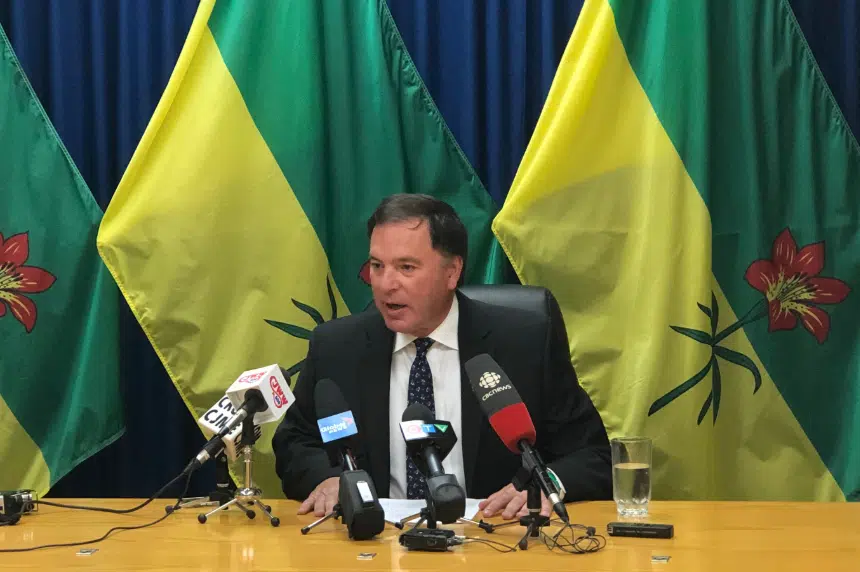The Saskatchewan NDP believes there’s a crisis happening in the province’s schools, but when its education critic tried to start an emergency debate on the subject after the first Question Period of the new session, the Sask. Party shut it down.
On Thursday morning, the NDP’s Carla Beck brought forward a motion for an emergency debate on schools. It read: “That the Assembly recognizes that the Sask. Party government’s underfunding of public education has created a crisis in our classrooms, and that the Assembly calls upon the Sask. Party government to take immediate steps to address the critical pressures facing teachers and students when it comes to infrastructure, class size, and composition.”
However, the call for a debate was quickly shut down by the governing Sask. Party.
Beck said later that she was disappointed.
“If not on the floor of the legislature, then where are we going to hear an acknowledgment of what is going on in our classrooms and a plan from this government to start to address it?” she said.
According to Beck and the NDP, classrooms in Saskatchewan are overcrowded and are more complex than ever before. She said funding is still only around 2016 levels — though the Sask. Party disputes that — and the NDP’s survey showed many teachers and educational assistant often experience or see violence in their classrooms.
Beck said there wasn’t any mention of those things in Wednesday’s throne speech, so she felt the problems needed an emergency debate.
“Anyone who is anywhere near a classroom right now understands what I’m talking about when I say there is a crisis in our classrooms — be it trustees, be it parents, be it teachers, be it students themselves who are reporting a high and increasing level of violence in their interactions in school,” explained Beck.
She said she hoped the motion would draw attention to the issue, and maybe the Sask. Party would be willing to debate it or acknowledge it.
“If you don’t acknowledge a problem, you cannot begin to set about fixing it,” said Beck. “We know there’s a problem, we need this government to at least acknowledge it so that we can get to the important business of improving what is going on in our classrooms, and importantly, having a plan for how we are going to educate our children going into the next decade.”
After Question Period, Education Minister Gord Wyant said in a statement that the motion was struck down because it was meant to condemn the government’s record on education when he feels it should be commended.
“We have established a path forward to address classroom issues such as class size and composition, and we are working co-operatively with our sector to renew our shared goals,” Wyant’s statement read. “There are 1,200 more teachers and many more professionals supporting those teachers.”
He also said that the NDP should be focusing on solutions, not introducing motions “in a feeble attempt to smear the government.”
The NDP said on Wednesday that one of its priorities for the fall session will be education.







